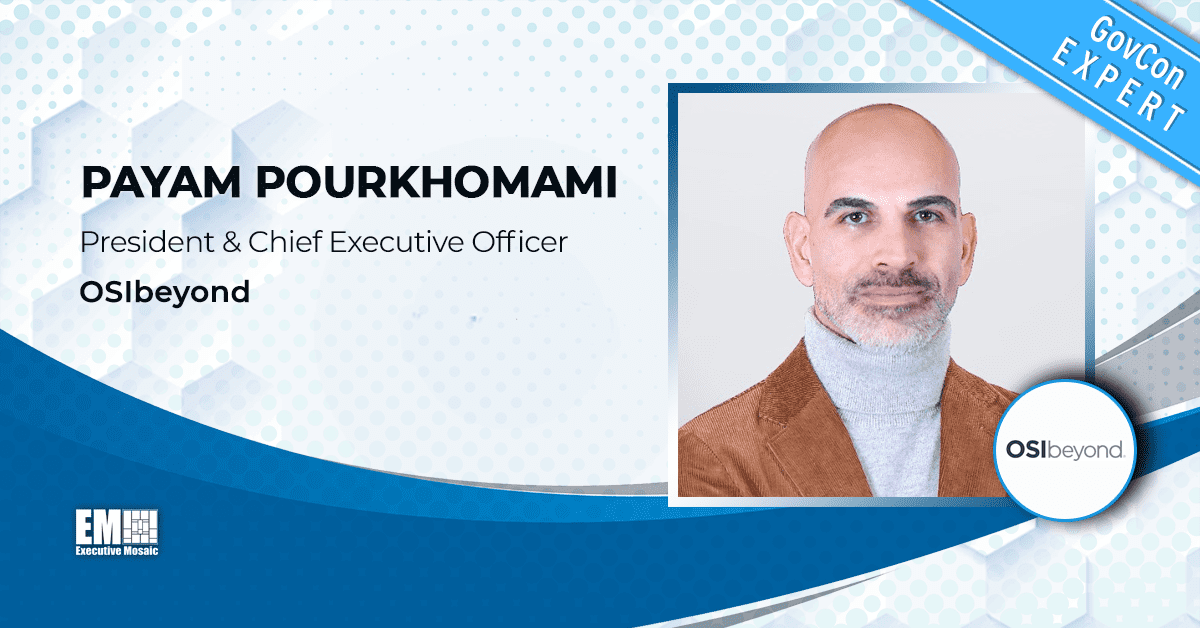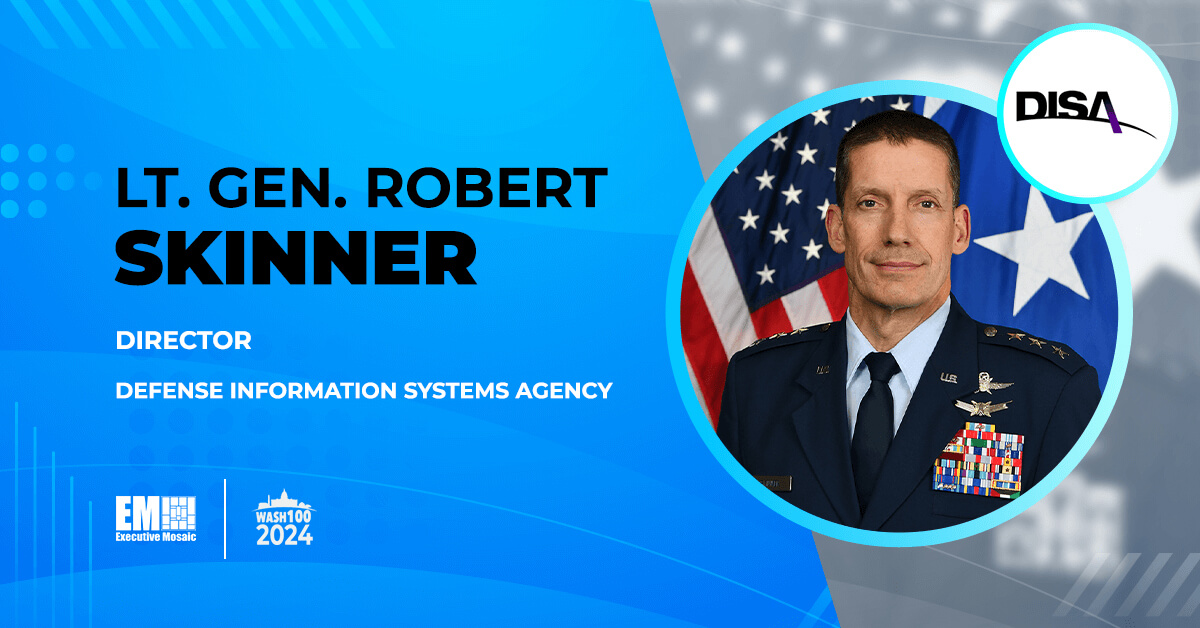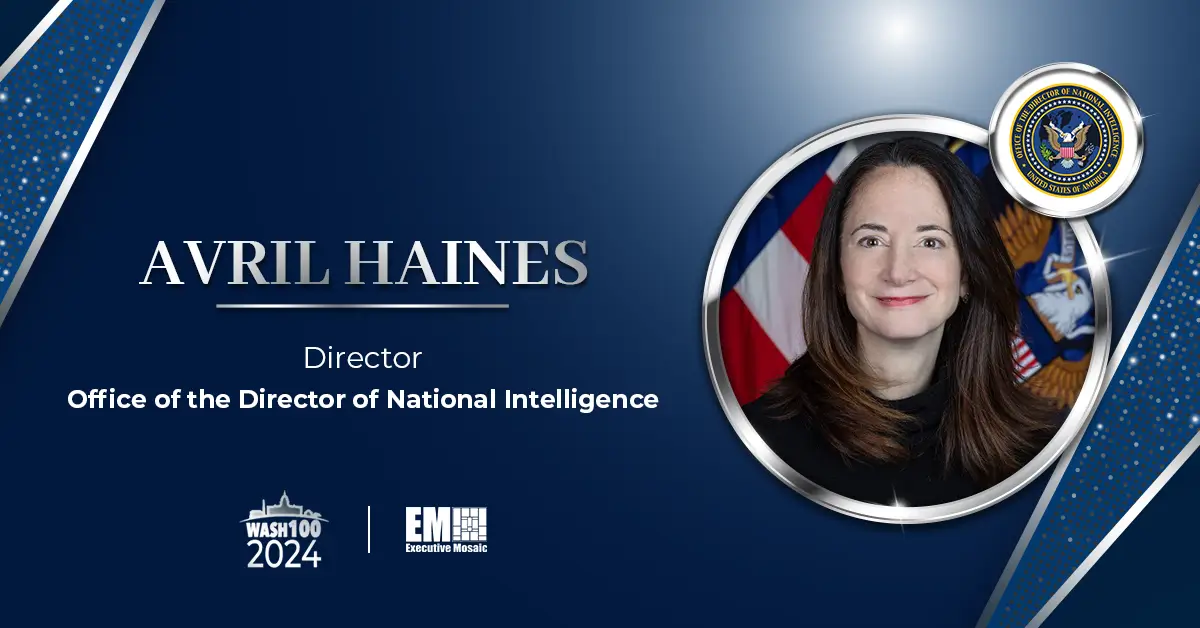On a global scale, intelligence is changing dramatically. With the emergence of new — and sometimes risky — technologies, the unfolding of conflicts between global powers and the expansion of the digital world, the United States intelligence community is adapting to and embracing monumental shifts across the intelligence landscape.
Jennifer Ewbank, deputy director of the Central Intelligence Agency for Digital Innovation, said she’s currently focusing on two key factors sparking change within the IC.
“One would be this whole world of emerging technologies, largely in the digital domain, but not exclusively,” the 2023 Wash100 Award winner told Executive Mosaic’s Summer Myatt in a new video interview. “The other, I would say, would be the rise of the People’s Republic of China as, let’s just say, a pacing challenge for us.”


Hear Jennifer Ewbank speak in person at the Potomac Officers Club’s 9th Annual Intel Summit on Sep. 21! You won’t want to miss this day of networking and informative sessions with IC decision makers from agencies like ODNI, NGA, DIA and more, as well as senior industry leaders. Register here to save your seat.
According to Ewbank, these two factors are closely intertwined, as the PRC has become increasingly active, competitive and even dangerous in the digital landscape in recent years. Less than a decade ago, for example, Ewbank said China was known for more “brute force” cyber attacks in which actors would steal personal data and intellectual property “in a relatively unsophisticated and forceful manner.” That narrative has changed.
“But today, I have to say, China presents the broadest, most sophisticated, most persistent, most pervasive cyber espionage threat to U.S. government and private sector networks in America, full stop,” Ewbank warned.
The IC is seeing a marked rise in threats posed by cyber intrusions, artificial intelligence, high-powered computing, and even quantum computing in the not-so-distant future. For Ewbank, these factors are not only changing the day-to-day life for citizens around the world, but it’s also changing how intelligence officers do their work.
Furthermore, these threats are contributing to the rapid evolution of the country’s most daunting national security challenges — things like criminal ransomware, the rise of authoritarian regimes and the persistent threat of terrorism. The common thread across these trends is their use of digital technologies, revealed Ewbank.
“Our competitiveness as a service, our success and America’s national security, by extension, will really rely on how rapidly we turn all of this to our own advantage,” she shared.
Hungry for more intelligence insights? Join the Potomac Officers Club’s 9th Annual Intel Summit on Sep. 21 to meet, network with and learn from IC leaders and intelligence industry experts. Register here today.






